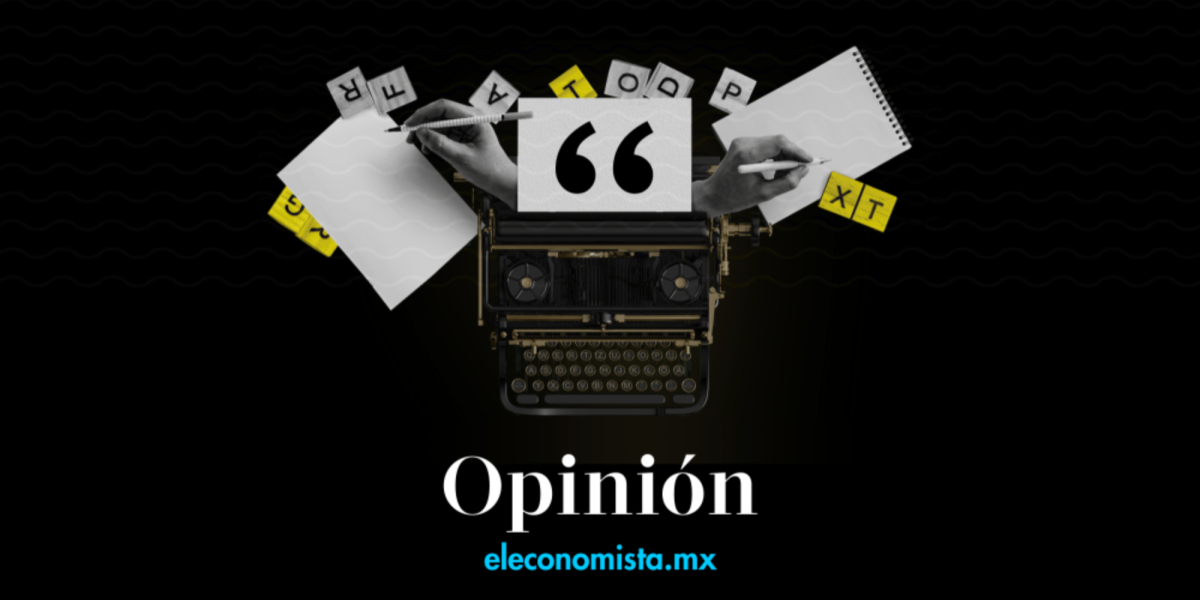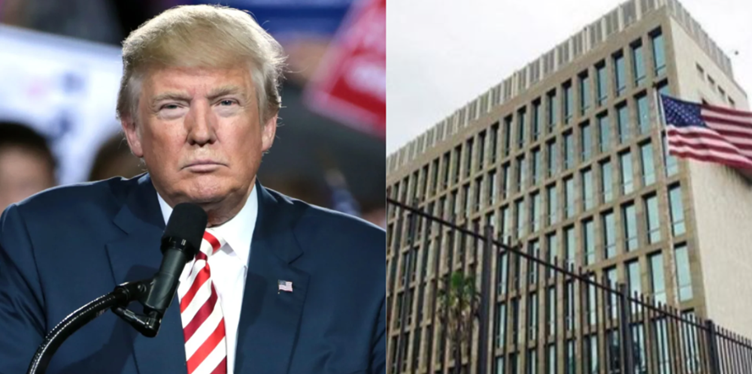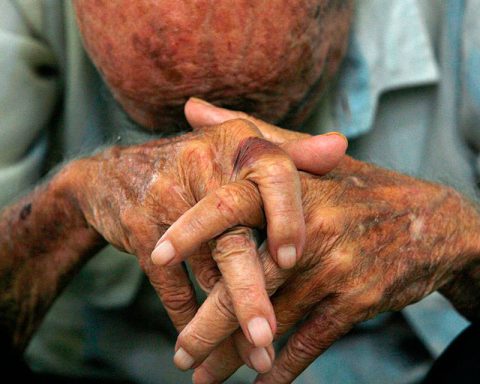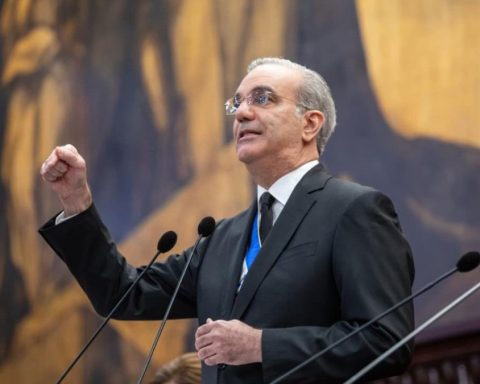The world seems to have encountered history books with the intention of wanting to repeat some of its worst events. The freedoms of proclaimed men in different statements take a step to the side to allow fear, intolerance and censorship to dictate the behavior desired by society.
Let’s just think about that important concept called the freedom of cathedra. That right that teachers have and mainly university professors to promote analysis and discussion through an investigation that translates into the expression of their ideas without censures or interferences. In this way, the teacher chooses the contents that from his best perspective will serve to foster the critical thinking of his students on the subject discussed in class. The freedom of chair is so important that in some countries it has been coded in its regulations.
If we look at two countries with universities that serve as referents of the entire planet, the United States and the United Kingdom, it is understood that American universities consider the freedom of cathedra as an element closely linked to the first amendment of the Constitution of that country. Even many universities have included in their statutes and labor contracts references to the freedom of teachers to select the material they will teach in their classes. There is even the American Association of University Teachers (AAUP) who have been defending this right for decades.
While in the United Kingdom since the approval of the Educational Reform Act of 1988 it is established that university professors have freedom of chair in their classrooms and are protected from external interventions as long as academic quality, critical thinking and respect for the law are maintained. To reinforce rights within the university fields, the act of freedom of expression in higher education is approved in 2023 with the intention of avoiding the censorship of conferences or courses that take place in a university campus.
The arrival of digital technology has expanded the scope of cathedral’s freedom since students do not need to be in person in a university to benefit from their teaching and academic repositories. However, what at the time was seen as something extremely positive that led teachers and students to interact with people and cultures that otherwise would not have been possible to rethink content and in extreme cases reach self -censorship due to the requirements that the vast majority of online courses have to record the class to leave it as a consultation material to students.
History indicates that the freedom of cathedra is not a friend of those who do not respect the existing legal frameworks because they confuse their megalomania with a charitable messianism instead of autocratic. The saviors of the nation do not convince them that there are entities that promote critical thinking, but there are institutions willing to create mental parasites that defend utopia while ignoring reality. Universities are enemies of anyone who hate critical thinking.
Among the characters that hated universities we were in 1933 with Adolfo Hitler, who when he came to power systematically lashed out against German universities. The objective was clear, to turn them into fundamental pieces of Nazi propaganda. To achieve this, he initiated one of the most disgusting purges in history by expelling teachers for being Jewish, Marxists or simply being critical of the government. The university that was sought to establish was committed to Nazi Jingoism, scientific racism and blind obedience to the ideology that prompted the beginning of World War II.
The coup d’etat of 1964 in Brazil that overthrew João Goulart to install one of the longest military dictatorships in Latin America, until 1985, also adopted measures of repression against the country’s educational centers. Among the closure of universities, censorship, the repression of students and attacks on the rectors of academic centers, the critical thinking that could lead to manifestations against the dictatorship could be carried.
Changing the continent, in 1971, in Uganda the Dictator Idi Amin adopted a more bloody position towards the universities of his country, especially against the University of Makerere where the persecutions of students and teachers ended up in forced disappearances. The result was the destruction of the Uganda academic system, an evil that has taken decades to remedy. Think made the individual into the enemy of the State.
The arrival of dictatorships to Chile (1973) and Argentina (1976) aroused similar treatment by military governments against universities. Forced disappearances, torture and kidnapping of students and teachers looked like the agenda in universities that had to adjust their curriculum to censored texts and canceled subjects Dizque for subversive content. Again, the saviors of the homeland, those who were going to make it great again when they know their ills, only knew how to sow death and desolation in academic institutions for fear of critical thinking and logic.
Perhaps one of the most cruel attacks on universities and education in general begins in 1975 in Cambodia where the Khmer Rouge led by Pol Pot tried to establish a communist agrarian utopia. The way to achieve this included the closure of all universities and declare the enemy of the people to every person with some kind of education. Educating was simply a crime that was sometimes paid with life under this genocidal regime.
But as already seen, genocidal regimes have their hatred for universities. In the last decade of the twentieth century, in Serbia, Slobodan Milosevic lashed out at the University of Belgrade establishing censorship, mass dismissals and persecutions of detractors of his government. The objective was simple, include an ultra -nationalist discourse that would help him in his crimes against the Bosnian people for which he was accused of 66 crimes against humanity.
The main difference between these persecutions and which can be raised today is presented by digital technology. Meanwhile they took hours, days, weeks or months to communicate an atrocity, thanks to the Internet and social networks we find out in a few minutes or seconds.
Above all, if attacks and censures occur against such prestigious universities as the IVY League of the United States or the famous Oxbridge duo in the United Kingdom. The parallels that are observed are at Columbia University, Yale or Cambridge are amazing. Censorship for political issues, canceled conferences, intimidated students, teachers seeing their freedom of chair threatened. But these are barely the most famous universities, the most influential, which can afford to reject an irrational mandate of the authorities on duty with a letter published around the world thanks to digital technology, as Harvard did, or joining other universities to sue the Government as Cornell did.
The pending question is what happens if those that are considered as more prestigious universities claudicate before anti -democratic calls, against the freedom of cathedral and free expression. Some Latin American leaders will be emboldened, be those who cannot resist insulting academic institutions claiming to be in favor of students while they cut their scholarships and reduce the budget to universities.
Something that is clear is that every autocrat with messianic syndrome sees universities as their enemy. The difference of opinion cannot exist, although trying to kill her has only led to a large number of countries to misfortune. You cannot make a country great killing its academic institutions for political-partisan reasons. What is the next step, stop recognizing titles from foreign universities that are completed online simply because there is the freedom of cathedral?

















